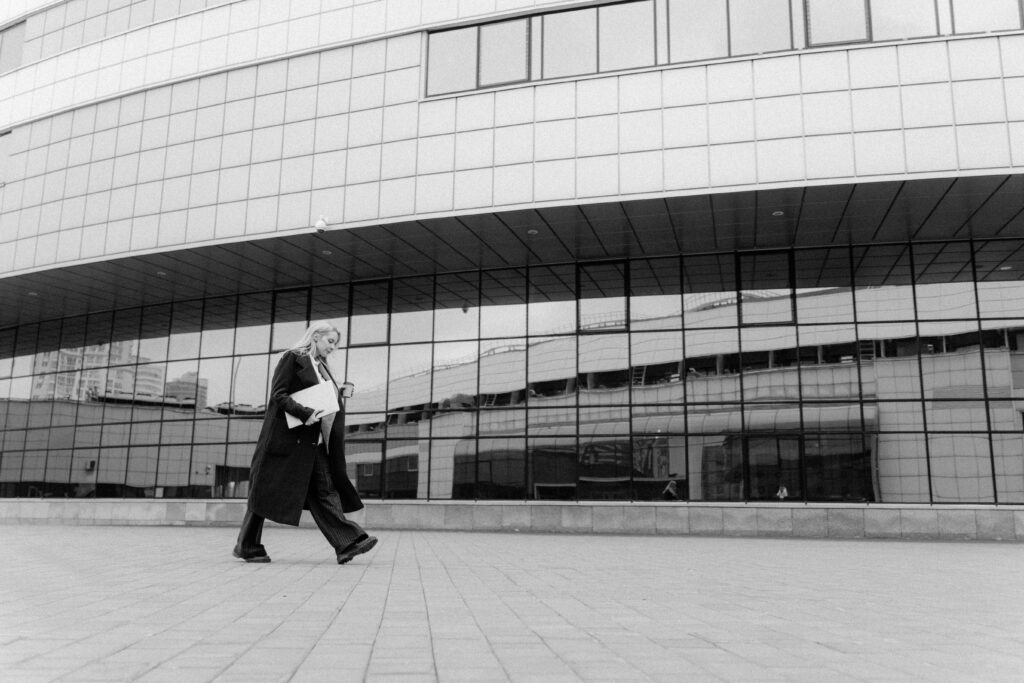The fullness of life is an encounter with the you
The encounter enriches. The relational encounter that makes friends better

In 1923, Martin Buber (1978-1965) wrote the book I and Thou (Caparrós, 1998). Buber’s dialogical philosophy and his emphasis on interpersonal relationships are familiar to me and inspire some parts of the personalist approach of my reflections. I have reread the book. They are thoughts as if put on a board, there is no proper argumentation, perhaps, because there is no need for such expository formality.
The basic word, Buber points out, is I-Thou. The difference from the expression is I-that, in which the subject experiments with reality in terms of things, of objects. In this realm of IT, utility, experience, and even experimentation take precedence. We need useful things and a series of media relations, of course. The instruments, the means, are part of life. They can be measured, they are part of having, but they do not exhaust the human condition. Buber says: “Without the IT, the human being cannot live. But he who lives only with the IT is not a human being” (p. 35).
Let us move on to the core and fullness of the person, to the I-Thou. It is in the relationship that the encounter with the Thou takes place. The personal You go out to meet the I. An encounter that has a presence as its essential nucleus. It is the being of each one that shows itself and relates, there are no mediations or masks, it is the spontaneity of the You. “The human being lives in the spirit when he can respond to his You. He can do so when he enters into a relationship with his whole being. It is only through the power of relationship that the human being can live in the spirit” (p. 41).
The encounter reveals the person, who reaches his fullness precisely when he goes out of himself. It is important to emphasise that Buber’s idea is not to enclose the person in a subjectivist attitude, but rather to show personal growth as openness to the presence of the Thou, in an attitude of respect and recognition. It is not a sentimental intimism, it is a love life, which is accompanied by feelings, but not constituted by them. In the encounter, there is no room for arrogance, possession, or showing off. It is the field of communication between presences that show themselves and welcome each other.
The encounter enriches. Buber says: “In the encounter, something happens to the human being. Sometimes it is like a breath, sometimes like a boxing match, it doesn’t matter: it happens. The human being who emerges from the essential act of pure realisation has in his being a plus, an event of which nobody knew before, and whose origin he would not know how to designate correctly” (p. 94). Encounter is understood as being in relation. This enrichment is not only difficult to explain, it is not even measurable. The Greek classics already said it in a way when they referred to the traces that each action leaves on the person’s way of being. We are not the same after 8 hours of work: we can grow, or we can deteriorate as people. Buber settles on this dimension of human action, the dimension of the relational encounter that makes friends better.
Too lofty and pure for our times? I don’t think so. It is rather a proposal that, precisely for our times, so given to running and to making everything it touches useful, invites us to take seriously the personal condition of the human being and to cultivate authentic personal relationships: those that sponge the soul.
Related

The Four Seasons of Your Life: Much More Than Music
P Angel Espinosa de los Monteros
28 April, 2025
3 min

A Pope Never Goes Away
José Antonio Varela
28 April, 2025
4 min

Divine Mercy, the Small and the Great
José María Montiu de Nuix
27 April, 2025
5 min

Reversing Social Deterioration: A Task That Begins in Business Management
Alejandro Fontana
25 April, 2025
4 min
 (EN)
(EN)
 (ES)
(ES)
 (IT)
(IT)

